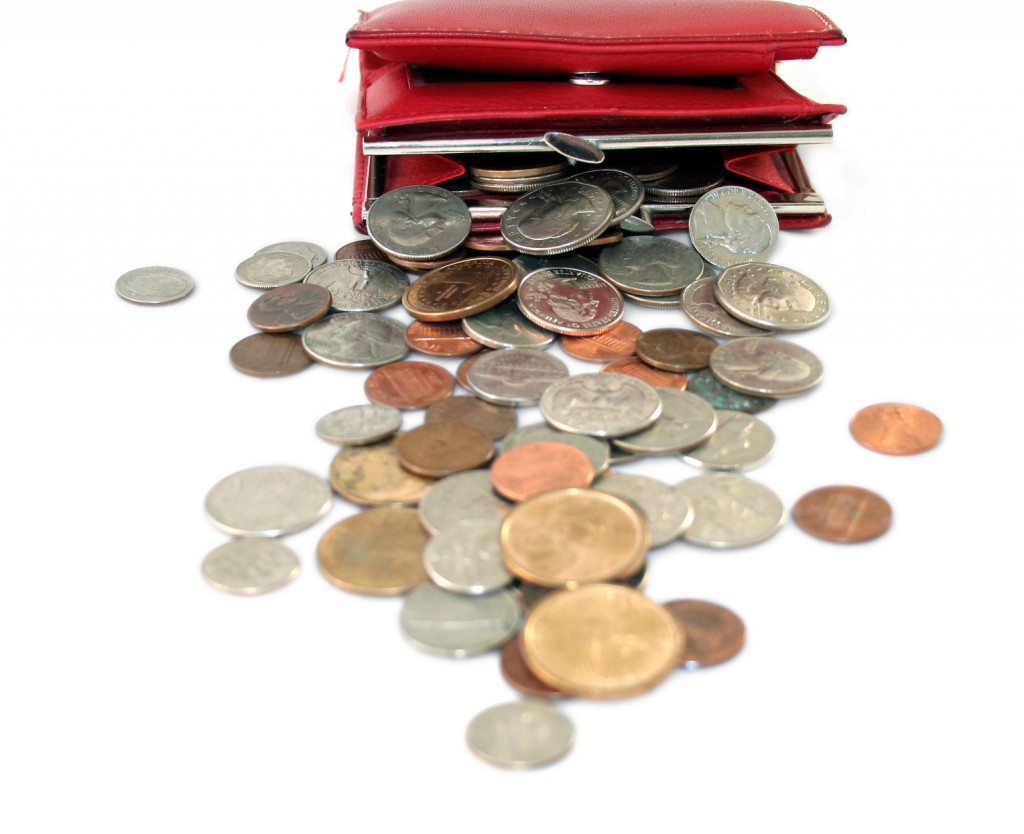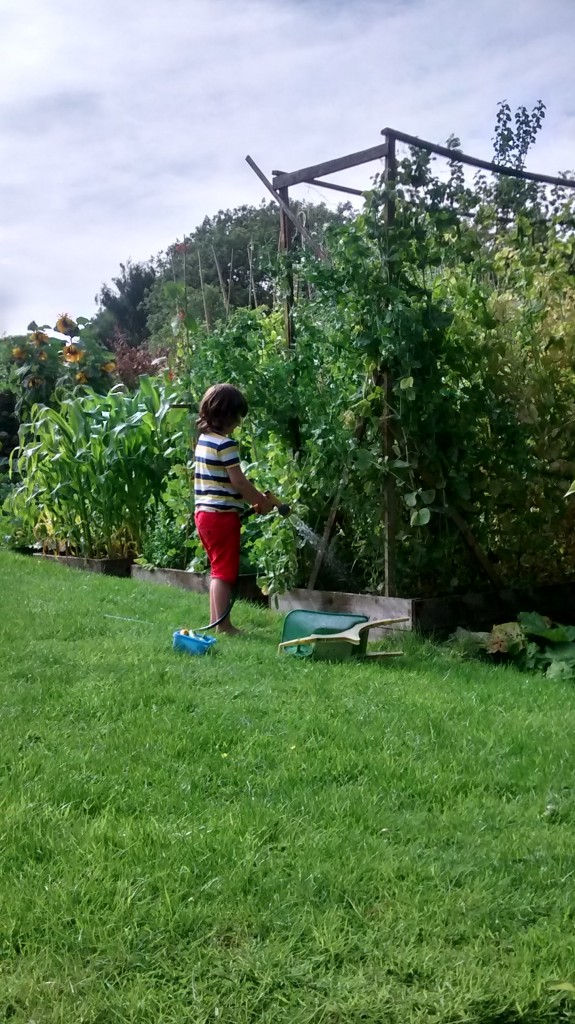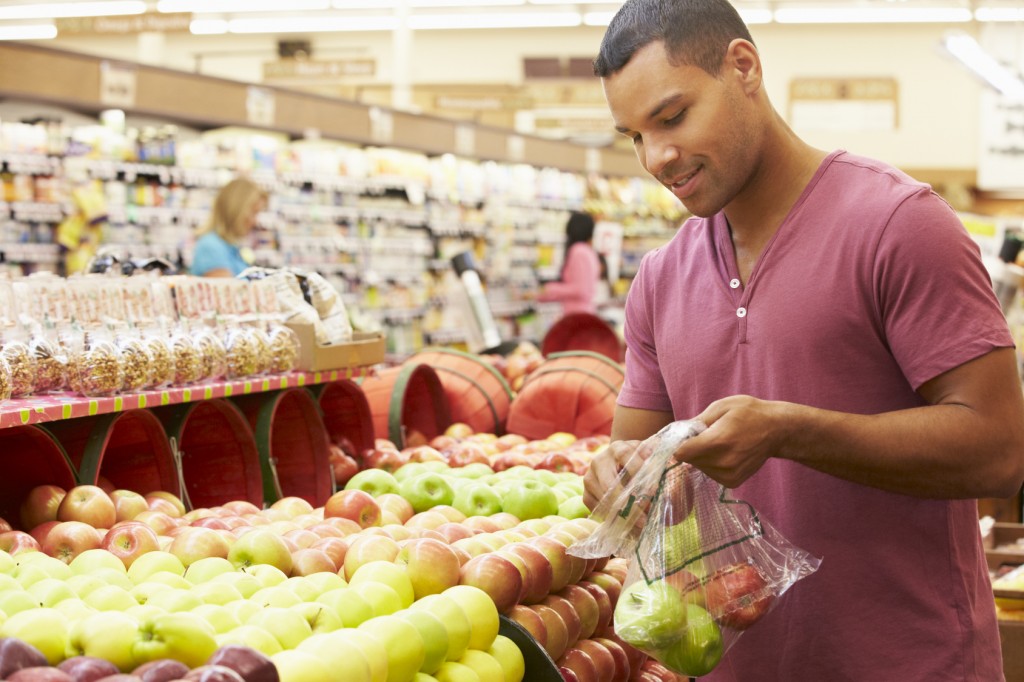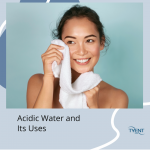It sometimes seems a bit of anomaly, that we’re frequently charged more for fruit and vegetables that have lots of things left out. The herbicides and pesticides that are left out of organic produce, are the very things that make it cheaper and easier to achieve large crops.

People sometimes say “but organic doesn’t taste any better.” It’s great if it does, but really, that’s not the point. Eating organically means hopefully reducing your toxic load and therefore maybe improving your overall health.
But yes, it costs extra. People are, by necessity, tightening their belts more and more, and it becomes harder to justify the additional cost of eating organically. So what to do?
1. Grow Your Own
You don’t need a lot of land to grow food. You don’t even need a garden. A windowsill is sufficient to grow cut-and-come-again salad leaves and herbs such as basil. Bagged salads are expensive to buy, yet incredibly cheap and easy to grow. With more space outside, try salad onions, radishes and beetroot if you’re new to growing. All are easy and quick to harvest. Before long, you’ll be moving on to all kinds of new growing challenges!

2. Alkaline Water Turbo Charge!
One popular way of supposedly improving the quality of non-organic veg is to wash it under the tap. At least then it’s clean, right? Actually, it’s not. Pesticides and herbicides are formulated to stick to the produce come rain or shine, so a quick splash under the tap isn’t going to get rid of much at all. However, washing with Tyent Turbo water is a whole other story. As Turbo water is so alkaline, it emulsifies the oil-based chemicals clinging to your fruit and veg. The residues wash right off, leaving your fresh produce clean and a whole lot more appetizing. Check out this video for a fabulous demonstration!
3. Choose Your Poison!
Well, not quite poison, but the Environmental Working Group have helpfully compiled a list of the fruit and vegetables that you should try to buy or grow organically if possible. So if you have a strict food budget, but can afford to buy one or two items of organic produce, then choose wisely! The following have the highest known pesticide residues.
▪ Peaches
▪ Apples
▪ Sweet Bell Peppers
▪ Celery
▪ Nectarines
▪ Strawberries
▪ Cherries
▪ Pears
▪ Grapes (Imported)
▪ Spinach
▪ Lettuce
▪ Potatoes

It’s not complicated really. Wash your non-organic produce in alkaline Turbo water, purchase wisely in the first place, and buy a packet or two of seeds and look forward to your own summer harvest! In fact, if you take up the challenge of growing your own produce then let us know how you get on! We’d love to hear your inspiring stories!








